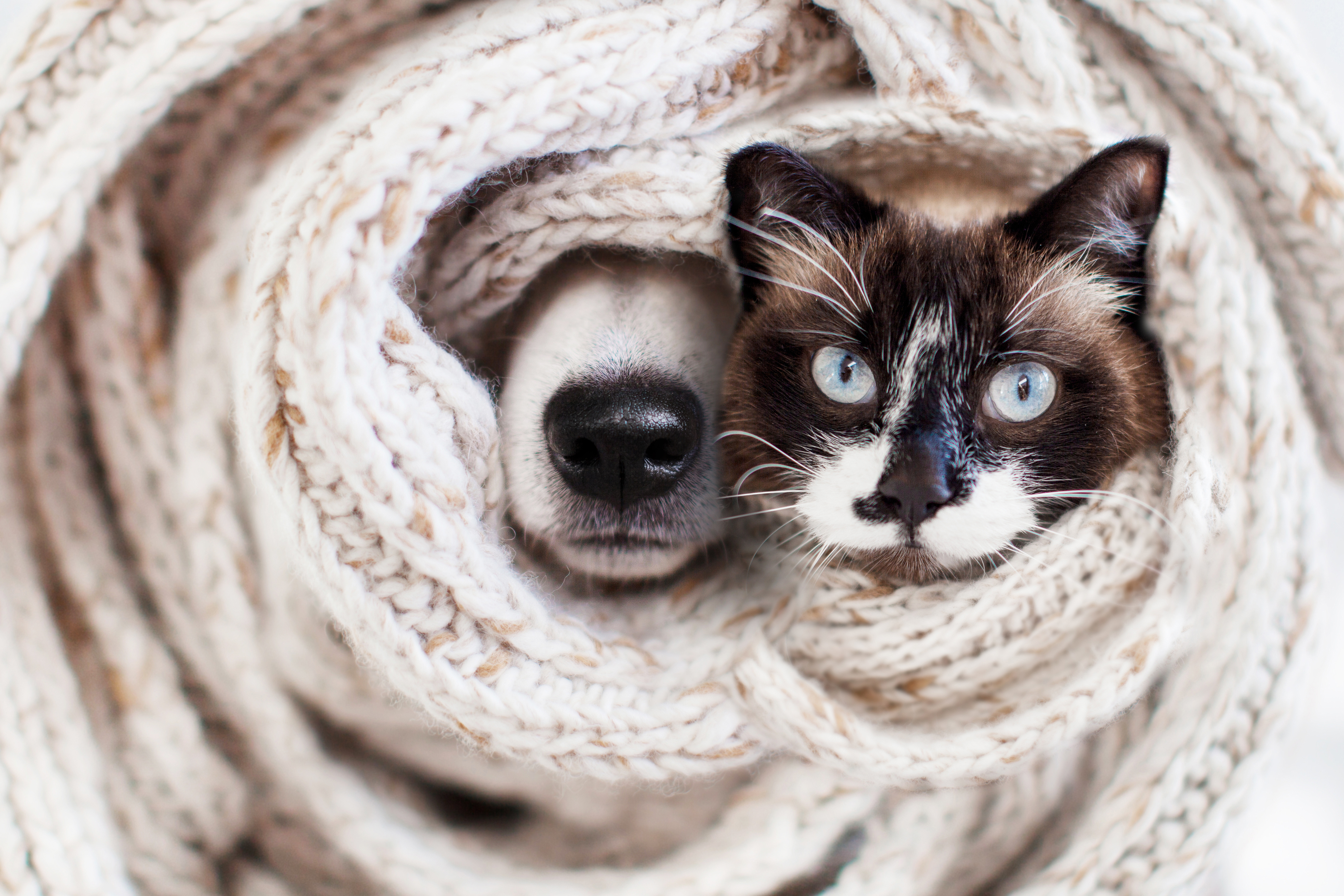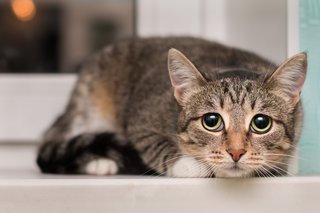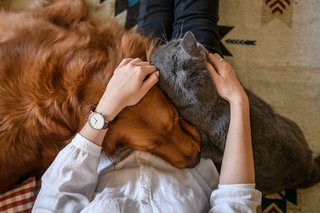Anxiety in Pets: What Are the Solutions?

Anxiety in pets is far more common than people realize. Whether it’s dogs, cats, or other domestic animals, they can all experience stress or anxiety at some point. The causes can vary, from changes in their environment to past trauma or lack of socialization. It is essential for any pet owner to recognize these signs and know how to respond to ensure the well-being of their companion.
Recognizing the Signs of Anxiety in a Dog or Cat

Pets display their anxiety in different ways. Dogs may become restless, tremble, bark excessively, or even try to escape. Cats, on the other hand, may exhibit avoidance behavior, hide, or show unusual aggression. Destructive behavior, loss of appetite, or changes in grooming habits can also be indicators. It is crucial to closely observe your pet to recognize these signs as early as possible.
Creating a Calm Environment
The environment plays a key role in managing anxiety in pets. A calm, secure, and familiar space can greatly help soothe them. For dogs, creating a quiet corner with their bed and favorite toys can help them feel safe. Cats, meanwhile, appreciate high hiding spots or confined spaces where they can retreat when needed. Stability and routine are also important for reassuring an anxious animal, so try to maintain regular schedules for meals, walks, and playtime.
The Importance of Physical and Mental Activity

Physical exercise is crucial in reducing anxiety, especially in dogs. Regular walks, playtime, chew toys, and even training sessions can help channel their energy and reduce stress. For cats, playing with them and providing interactive toys stimulates their minds and helps ease their anxiety. Mental activities, such as puzzle games or treat challenges, are also beneficial for engaging their minds in positive ways.
Natural Solutions
Several natural remedies can help manage anxiety in pets. Calming pheromones, available as sprays, diffusers, or collars, can have a soothing effect. Certain supplements, made from plants like chamomile or valerian, are also known for their calming properties. These products are easy to find in specialised stores so feel free to ask the staff for help and advice.
Depending on the animal, some products may work better than others, so you may need to try a few to find what works best for your pet.
Consulting a Professional
In some cases, your pet’s anxiety may require professional help. A veterinary behaviorist or a dog/cat trainer can help identify the underlying causes of anxiety and implement an appropriate management plan. Sometimes, medication may be necessary, but this should always be decided in consultation with a veterinarian.
Patience and Love: The Keys to Success

Managing anxiety in pets requires time, patience, and a lot of love. It is essential to stay calm and avoid scolding your pet for anxiety-related behaviors. Instead, reinforce positive behaviors and provide them with the attention and support they need to overcome their fears.
Anxiety in pets can be challenging for owners, but with the right understanding and tools, it is possible to create a reassuring environment and help your pet regain their calm and confidence. Whether through environmental changes, physical activity, or professional intervention, every animal deserves to feel safe and loved. By taking the time to listen to and understand their needs, you can make a significant difference in their lives.









